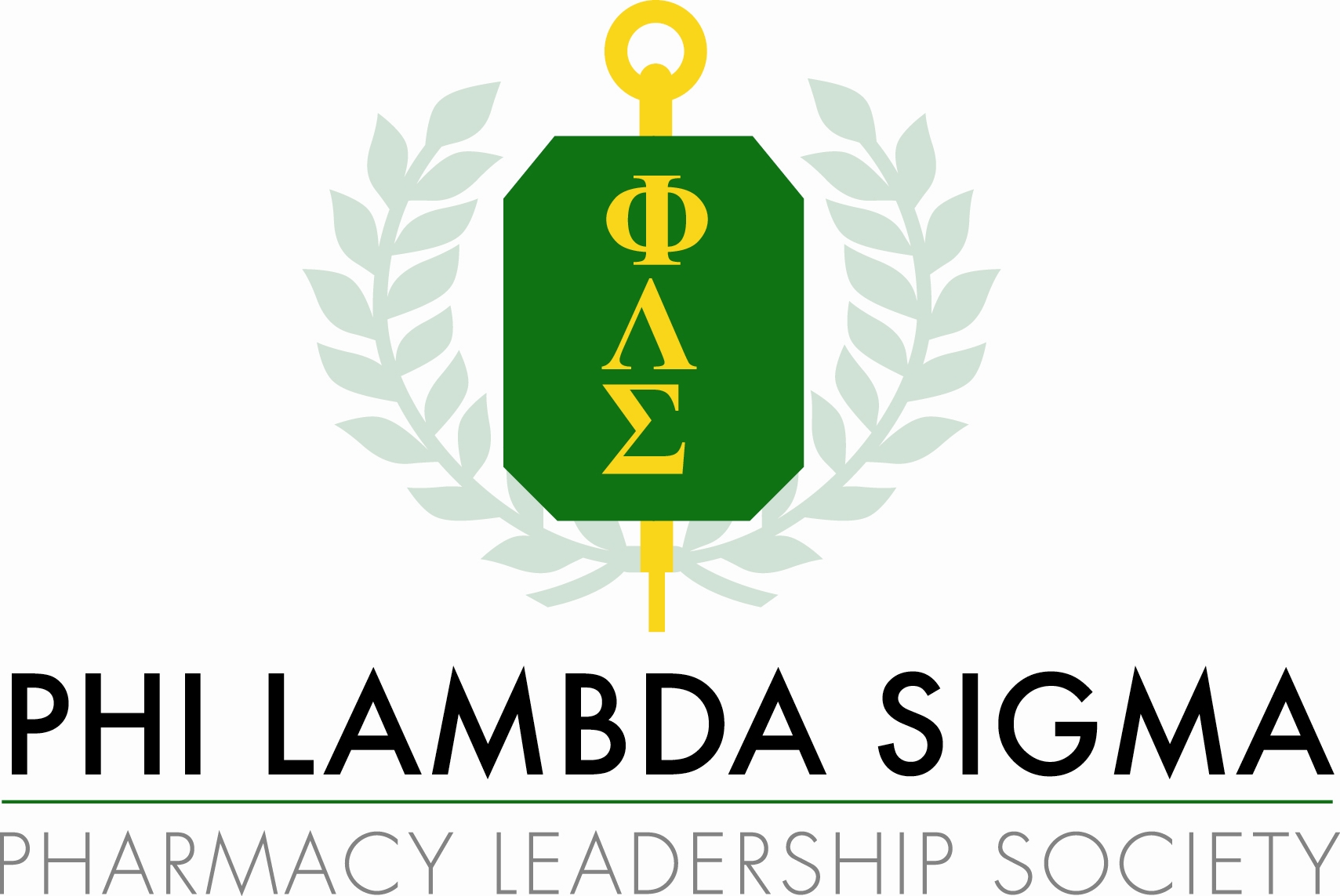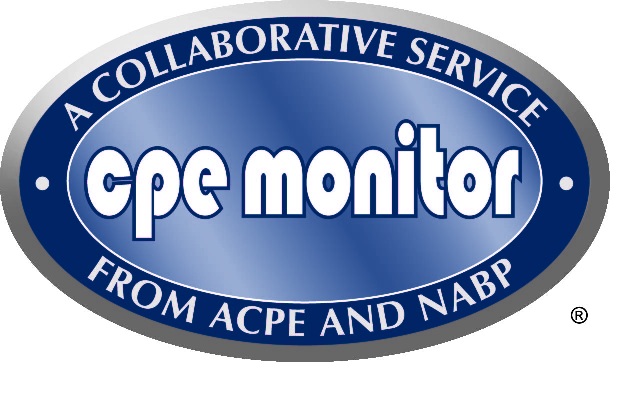

Many people pursue leadership because they like the idea of being a leader. Leaders enjoy many privileges such as recognition, admiration from others, and influence decisions made and others, as examples. Leaders are associated with accomplishments – the outcomes at a fixed point in time. What can often go unnoticed or underappreciated is the hard work required to arrive at the accomplishment. The privileges enjoyed by a leader can be what attracts others to leadership. Once they become a leader, however, they soon realize that there is a big difference between the idea of being a leader and performing the actual work of a leader. This conference will teach participants how to develop a greater understanding of their “whole self” and how to improve results by better integrating each aspect of their being into everything they do.
Event Speakers:
- List the five themes of the PLEI Leadership framework
- Describe the themes of curiosity, integrity, and "response-ability" and the importance of their application throughout the workshop
- List the four domains of a "whole person" and describe how they can be applied to enhance team engagement, empower others, and improve organizational performance
- Explain how the integration and alignment of one's Values, Interests, Strengths and Needs (VISN) can promote perseverance and passion for long-term goals (grit), and serve as the basis for PLEI's "Leader Within" curriculum
- List your unique combination of top strengths
- Describe the value of opportunities that allow an individual to leverage their strengths to make their unique contribution to the world and foster a sense if self-worth
- Discuss key considerations in deciding when to invest time and energy into leveraging strengths vs. improving weaknesses
- Apply the perspective of a "curious learner" (vs. a "judgmental knower") when working with individuals whose strengths are different from your own
- Compare and contrast the importance of well-rounded leaders vs. leadership teams
- List the benefits of investing time and energy in activities which elicit personal joy
- Identify common reasons individuals pursue activities that do NOT elicit joy
- Describe the potential costs of a strictly goal-driven approach to life
- Apply the three factors of the "ACE test" to identify current pursuits that meet the criteria of "authentic interests"
- Describe the inadequacy of a life which only involves pursuits that leverage one's strengths and serves one's interests
- Generate a list of values which, when honored, deliver a sense of personal meaning and purpose
- Distinguish a personal cause from a personal calling
- Apply the mindset of a "response-able player" in discussing where you choose to spend your time and energy
- List the basic human needs which are most often sacrificed in modern society
- Discuss the costs of such sacrifices on individuals and others
- Identify the needs they most often struggle to meet
- Apply the principle of intrapersonal integrity in discussing which personal needs you tend to sacrifice and why
- Create a personal VISN radar chart
- Apply a mindset of self-compassion while utilizing the chart's results to foster self-awareness and assess the "workability" of your current situation
- Apply the principles of acceptance and conscious choice in determining whether or not to make changes to their current situation
- Use human-centered design principles to chart a new path forward (if necessary)
|
10:00 AM
|
Registration, Welcome, and Intros
|
| 10:10 AM | Module 1: What Makes a Leader |
| 11:25 AM | BREAK |
| 11:30 AM | Module 2: Strengths |
| 12:30 PM |
LUNCH
|
| 1:00 PM | Module 3: Interests |
| 1:55 PM | BREAK |
| 2:00 PM | Module 4: Values |
| 2:55 PM | BREAK |
| 3:10 PM | Module 5: Needs |
| 4:00 PM | BREAK |
| 4:05 PM | Module 6: Integration & Alignment |
| 5:00 PM | Adjournment |
Date: Jan 30, 2021 10:00 AM - 05:00 PM
CE Hours
CE Units
Activity Type
- Application
Target Audience(s)
- Pharmacists
- Pharmacy Technicians
Accreditation(s)

|
The University of South Carolina College of Pharmacy is accredited by the Accreditation Council for Pharmacy Education as a provider of continuing pharmacy education.
|
Co-Sponsor(s)
Requirements for CE Credit
- List the five themes of the PLEI Leadership framework
- Describe the themes of curiosity, integrity, and "response-ability" and the importance of their application throughout the workshop
- List the four domains of a "whole person" and describe how they can be applied to enhance team engagement, empower others, and improve organizational performance
- Explain how the integration and alignment of one's Values, Interests, Strengths and Needs (VISN) can promote perseverance and passion for long-term goals (grit), and serve as the basis for PLEI's "Leader Within" curriculum
- List your unique combination of top strengths
- Describe the value of opportunities that allow an individual to leverage their strengths to make their unique contribution to the world and foster a sense if self-worth
- Discuss key considerations in deciding when to invest time and energy into leveraging strengths vs. improving weaknesses
- Apply the perspective of a "curious learner" (vs. a "judgmental knower") when working with individuals whose strengths are different from your own
- Compare and contrast the importance of well-rounded leaders vs. leadership teams
- List the benefits of investing time and energy in activities which elicit personal joy
- Identify common reasons individuals pursue activities that do NOT elicit joy
- Describe the potential costs of a strictly goal-driven approach to life
- Apply the three factors of the "ACE test" to identify current pursuits that meet the criteria of "authentic interests"
- Describe the inadequacy of a life which only involves pursuits that leverage one's strengths and serves one's interests
- Generate a list of values which, when honored, deliver a sense of personal meaning and purpose
- Distinguish a personal cause from a personal calling
- Apply the mindset of a "response-able player" in discussing where you choose to spend your time and energy
- List the basic human needs which are most often sacrificed in modern society
- Discuss the costs of such sacrifices on individuals and others
- Identify the needs they most often struggle to meet
- Apply the principle of intrapersonal integrity in discussing which personal needs you tend to sacrifice and why
- Create a personal VISN radar chart
- Apply a mindset of self-compassion while utilizing the chart's results to foster self-awareness and assess the "workability" of your current situation
- Apply the principles of acceptance and conscious choice in determining whether or not to make changes to their current situation
- Use human-centered design principles to chart a new path forward (if necessary)
Speaker(s)/Author(s)
|
Gary Redfeather, PhD, RPh
|
|
|
Michael Negrete, PharmD
|
|
|
Nancy A. Alvarez
|

